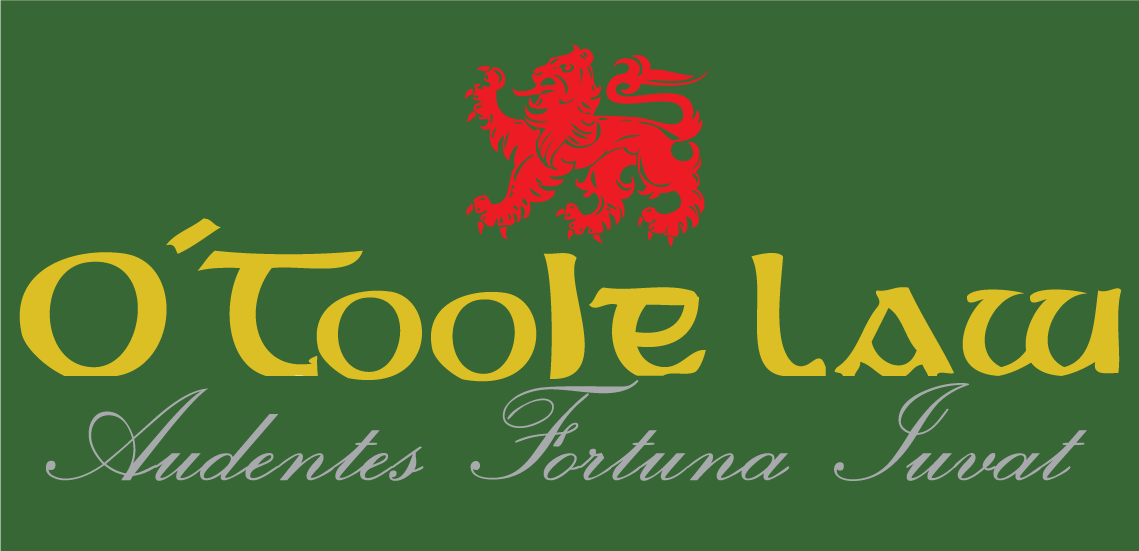Most people are visually oriented when shopping. This is borne out by the wide variety of colors and shapes used by food companies to display their wares on the shelves of your favorite grocer. Some product containers can, over time, become as famous as the product they contain, as is the case with the iconic Coke bottle shape, the mere outline of which, causes instant recognition among consumers regarding that product.
This can be helpful, as it allows consumers to quickly identify and pick out their favorite products from the plethora of items for sale in a modern grocery store. But food companies can rely on that recognition as a tool for misrepresentation.
Consumers recognize shape and size, but are unlikely to rely on weight. This means sometimes food companies will attempt to sell a lesser amount of product within a larger container to fool consumers into believing they are receiving the same amount of product for their money.
McCormick, a spice company is being sued in a class action case alleging they have used their iconic metal pepper tins to their advantage by removing 25 percent of the pepper, but keeping the price the same, therefore misleading consumers into thinking they were getting the same amount of product as they had with previous purchases.
The practice is known within the industry as “slack fill” and is not merely unfair, but illegal, and prohibited by the federal Food, Drug, and Cosmetic Act.
It’s important to recognize that these occurrences are not “accidents,” but carefully considered strategies for a company to maximize their profits by misleading their customers.
Source: truthinadvertising.org, “THE PACKAGING OF MCCORMICK’S GROUND BLACK PEPPER,” June 23, 2015
